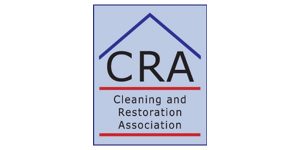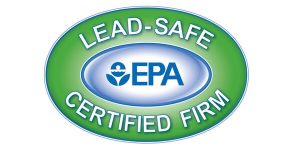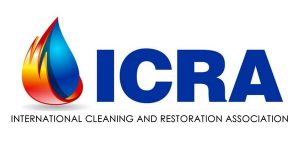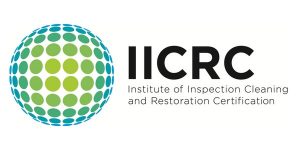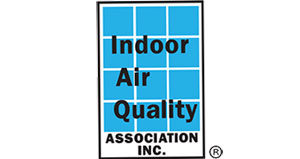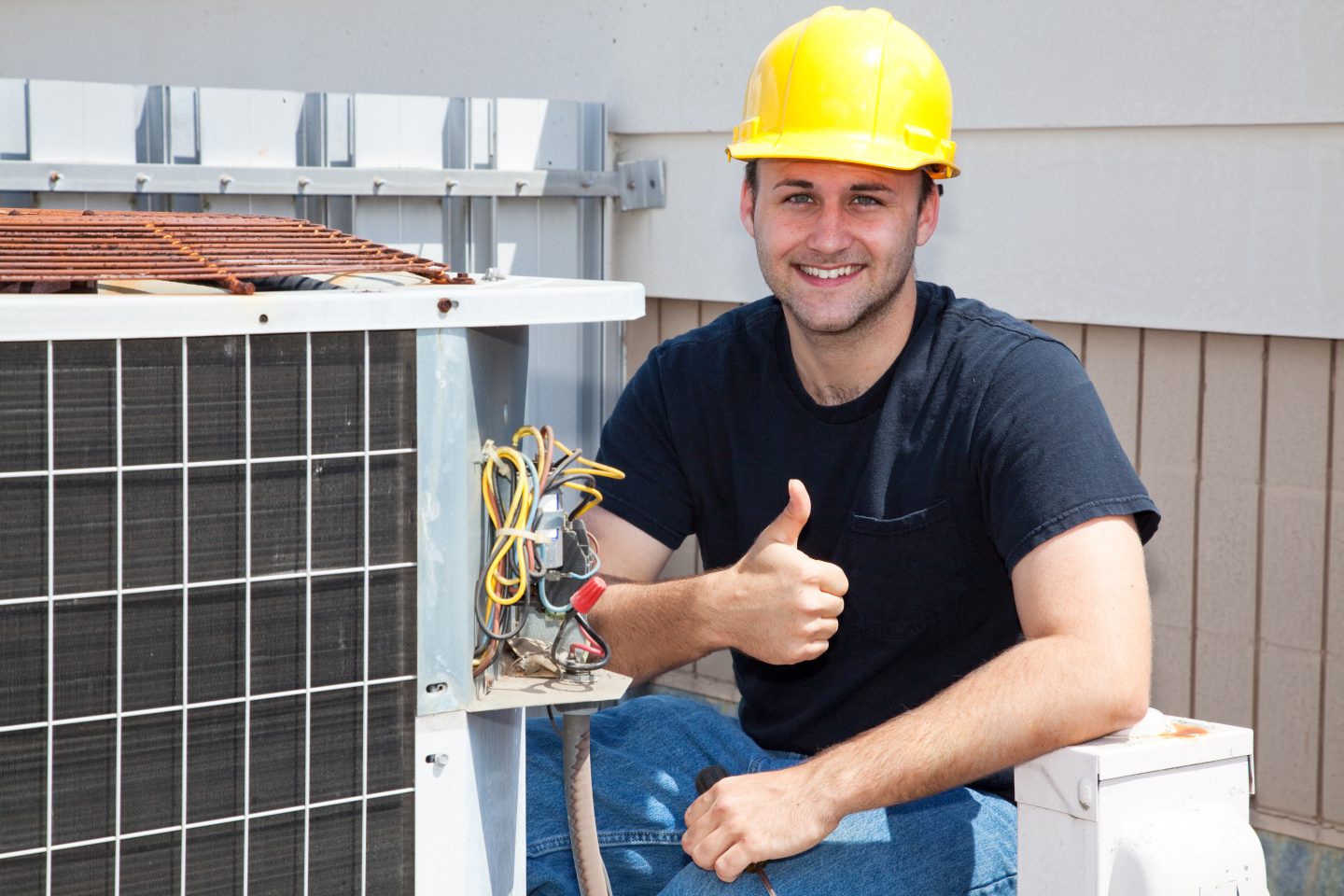
Water Damage from Air Conditioners
What You Need To Know
Water damage is never fun to deal with. It can take weeks or even months to notice, but by the time you do, it’s usually too late. To make matters even worse, your home’s air conditioning unit also has the potential to cause water damage to your home, if not properly maintained. Under normal circumstances, your A/C should never leak water into your home, but that doesn’t mean that it can’t happen. By neglecting to take proper care of your air conditioner, you’re leaving your home vulnerable
Possible Causes
We’ve had situations ranging from someone coming home and finding a small puddle around the AC, to ones where they came home to a collapsed ceiling due to a broken-down air conditioner. The truth is that if you don’t keep up with services that your A/C system’s needs to continue functioning properly, you open up your home to all the risks associated with air conditioner water damages.
7 Most common causes of water damage that can stem from your air conditioner
- Clogged or disconnected drain
- Dirty condensate pump
- Clogged air filter
- Dirty evaporator coil
- Cracked drain pan
- Low refrigerant
- Condensation buildup within ductwork
Refer back to our example of a roof caving in because of a neglected A/C unit we mentioned earlier in the article. Maybe after reading that, you thought that there was no way that something that extreme could actually happen. Well, here’s the story behind that. The homeowner was not regularly cleaning their system’s air filter. Over the years, this build-up got so bad that it caused the cold, moist air coming from the air conditioner to literally freeze up, since it was
not being allowed to vent properly. When the homeowner would shut off his air conditioner, there would be nothing left to keep the built up ice cold, so it would melt. Their home’s A/C was mounted in the attic, so all of that newly-melted water would eat away at the attic ceiling, which eventually led to the whole thing caving in. If the homeowner had just taken the time to inspect their A/C every now and again, they would have noticed a clogged filter and hopefully replaced it, effectively nipping the problem in the bud with just a few bucks. Instead, they had to spend thousands on a new ceiling and a new air conditioner, on top of the cost of replacing all of their damaged belongings.
How do I repair A/C water damage?
Depending on the severity of the damage and what the root cause is, repair tactics will vary. If you are only dealing with condensation or a small leakage of water, you might have caught the issue early enough to only need to replace some drywall, or, if you’re really lucky, allow the area dry out. If, however, there is significant water damage, that can lead to things like warmed floorboards and sagging ceilings, so we suggest calling in the professionals to do some hardcore demo work.
If you are dealing with mold, you’ll need to have a professional advise you on whether the mold is just on the surface, or if it requires replacing large sections of flooring or drywall. If repairable, the area will need to be thoroughly sanitized and bleached so that the mold doesn’t return. Because this task is so dangerous, we recommend leaving this to the professionals as well.
ServiceFirst Restoration Inc. | Call – 1-855-883-4778 | Email – ineedhelp@callservicefirst.com
Does insurance cover air conditioner water damage?
As a homeowner, your homeowner’s insurance may or may not cover the water damage from your air conditioner. Whether or not you’re covered all depends on the reason for the water damage. If your air conditioners water damage was deemed accidental, then your insurance policy will likely cover the costs directly related to it. If you have mold damage in addition to water damage, however, you might not be so lucky. Mold damage is generally not covered by insurance because it stems from neglect on the homeowner’s part. In the case of mold, you will need to work closely with your insurance agent to determine what is and isn’t covered.
Preventing water damage from air conditioners
Once your air conditioner is at the point where it is leaking water, it’s only a matter of hours before it can cause permanent damage. You might leave your A/C on before leaving for work in the morning during the summer months, expecting to come home to a cool paradise after a long day’s work. Instead, you might come back to a home that needs extensive repairs due to A/C water damages that happened while you were away, all because you didn’t maintain it. Why not take precaution now to prevent things like that from happening, while saving hundreds of dollars in potential repairs in the process.
Things to be Aware of:
- Check the condensation line – Look for moisture in the condensation line, and while the AC is running, make sure to check that the line is flowing properly. You should see the A/C unit dripping water only via the condensation line.
- Clean the condensation line regularly – Every 3 to 6 months, clean your condensation line. There are several techniques you can use, including a piece of string tied to a
How to refer us?
Call 1-855-883-4778
Email ineedhelp@callservicefirst.com
Submit www.callservicefirst.com/submit
cotton rag. Whatever you end up doing, make sure to clean the line often, to prevent any blockages and to remove debris.
- Change your A/C filter often – Change the filter every three months or even more frequently than that, depending on your use and area. This will prevent it from clogging and causing ice to build up within the A/C system.
- Check A/C refrigerant levels regularly – Refrigerant is what keeps the air coming from the A/C cool. If refrigerant is low, the A/C won’t function properly and will begin to leak water into your home.
- Install a drain pan overflow or a secondary drain line – Having a secondary drain line or drain pan overflow indicator will help you avoid related water damages. Talk to your HVAC professional about these options.
- Invest in regular inspections and preventative maintenance – This one is a no-brainer. If you aren’t savvy when it comes to A/C maintenance, leave it to the professionals. Have your A/C inspected at least once a year, if not bi-annually, to ensure that these small issues don’t become devastating ones.
Who Should I Call to Repair Water Damage Caused By My Air Conditioner?
WATER | MOLD | FIRE | PLUMBING | REPAIRS
A locally-owned professional water damage restoration company, like Servicefirst Restoration, Inc is always your best choice, and we’re just a phone call away.
Your Restoration & Plumbing Hero! Restoring your Property
and your life.
CSLB#970181



